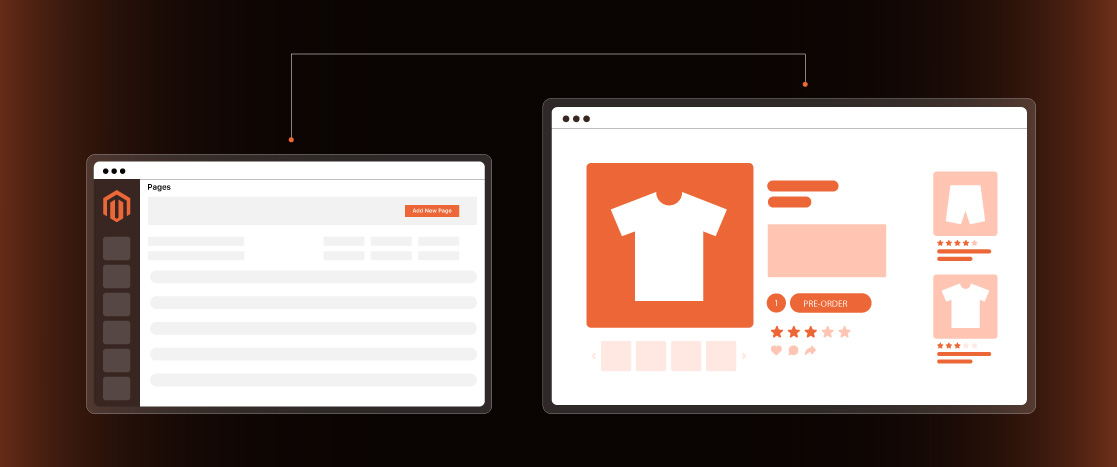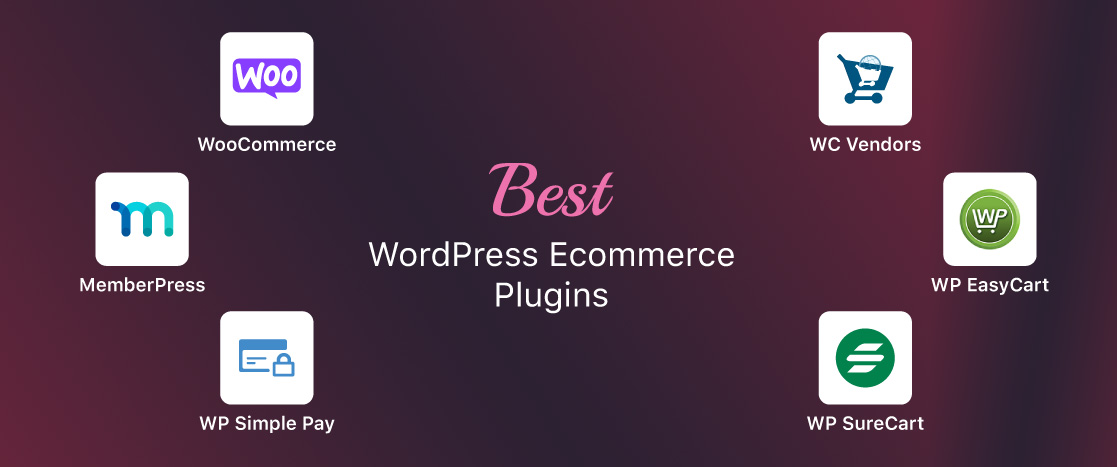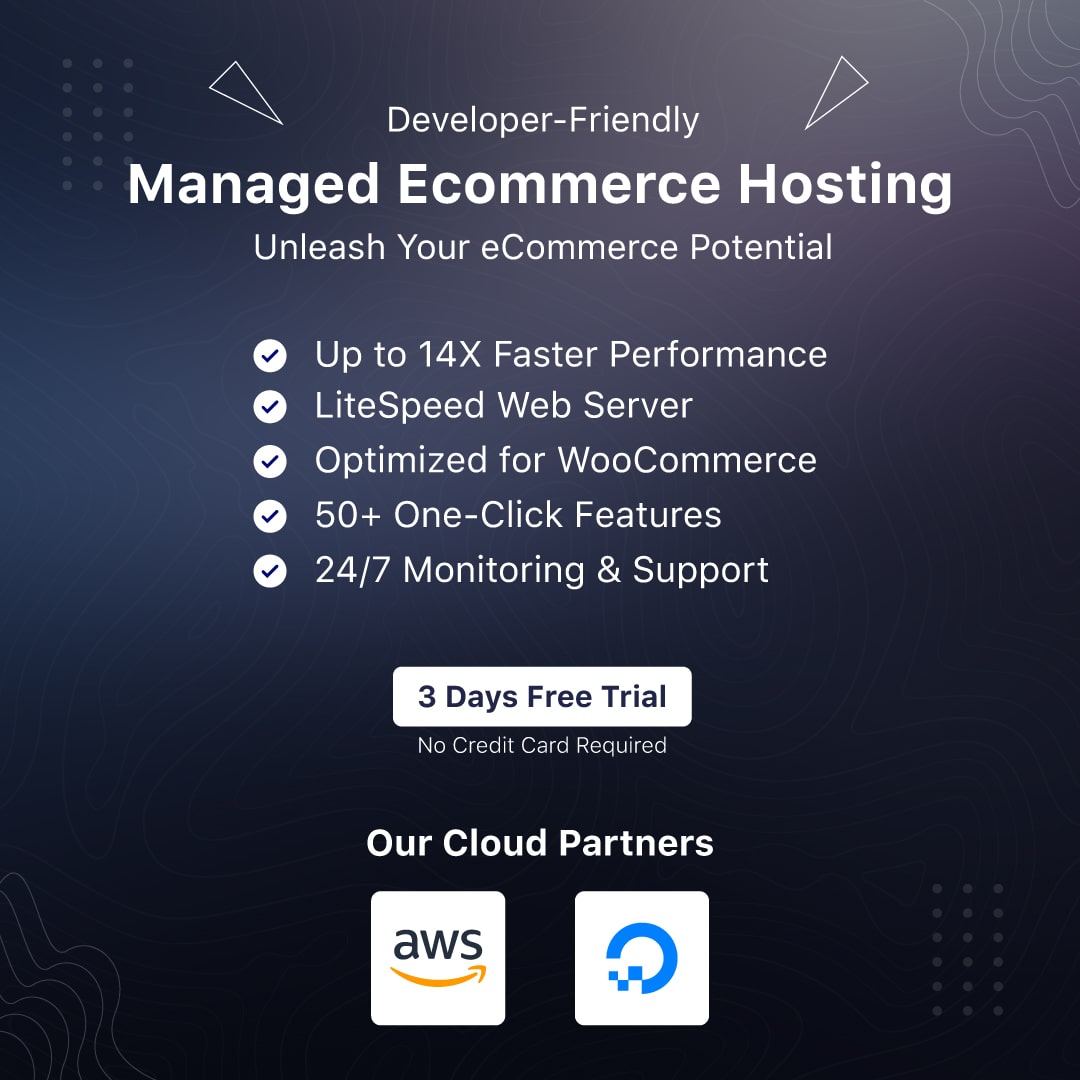
Is Dropshipping Legal? A Complete Guide to Legal Risks
Dropshipping: Is it legal? Yes, it is. Before launching a dropshipping business, you should consider a few compliance hazards.
When starting a new company, overhead utilities, and retail space expenses may be necessary. Even if you are a small business owner selling goods online, you could still have to pay for storage and shipping space.
Using the dropshipping business model, a legitimate and economical way to operate an internet company, can help you avoid many of these costs.
You need this information to launch a profitable dropshipping company that conforms to regional and federal rules and regulations.
Reasons Dropshipping May Be Risky
Although dropshipping is our favorite business model, it is not risk-free. If dropshipping is something you’re thinking about doing, there are several hazards involved:
- Competition: The race to the bottom is typical in eCommerce. Anyone can sell your products because you are a dropshipper. Although it may be tempting to undercut others on product prices, remember that you risk legal repercussions if forced to adhere to pricing guidelines such as MAP.
- Control: When you dropship, you’re putting a lot of trust in your provider. Even if you find a good supplier, it will reflect negatively on you if they make mistakes a few times. You may be held accountable if they break the law since you cannot control the supplier’s actions or how they interact with your clients.
- Scams from suppliers: Learning of unreliable providers, others are downright con artists. They will steal merchandise from other brands, defraud you with your money, and provide poor client service. You don’t want to navigate a legal quagmire with a terrible provider.
- Product trading: Do you engage in dropshipping? You’re probably engaging in arbitrage if you purchase goods from one marketplace and then resell them elsewhere for a higher profit. However, dropshipping on marketplaces like eBay and Amazon is prohibited; thus, engaging in this activity could put you in hot water.
- International sales: Dropshipping is permitted in almost every nation. However, some dropshippers avoid particular nations due to their shipping, marketing, or pricing regulations. You can dropship as much as you want, but if you sell abroad, you must comply with a complex web of rules.
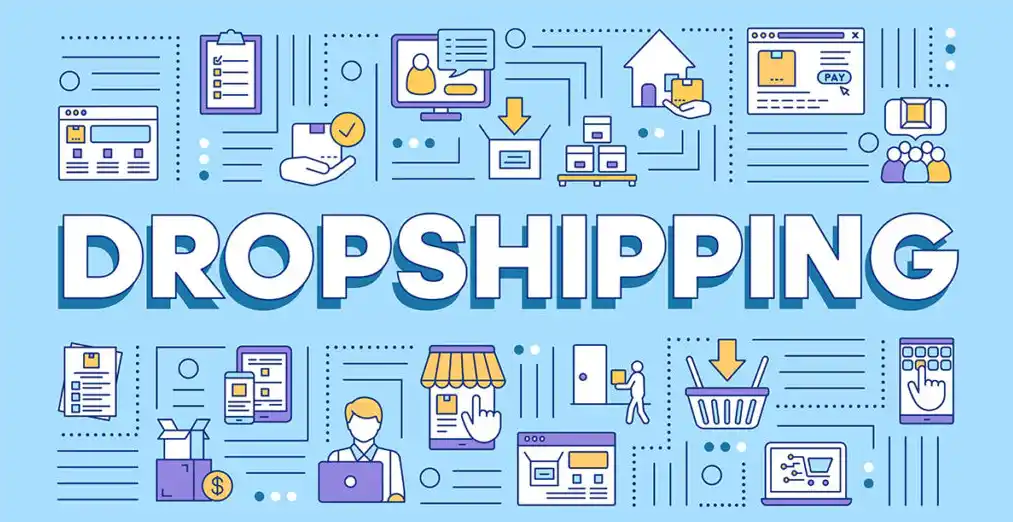
Dropshipping Legal Requirements
Essential legal requirements for dropshipping companies include supplier agreements, tax compliance, business registration, and consumer protection regulations. Comprehending these rules guarantees seamless operations and helps prevent legal problems.
Business Licensing and Registration
Operating a legitimate dropshipping business often requires registration with local authorities. Depending on the jurisdiction, this may involve obtaining a business license, registering a trade name, or even acquiring a tax identification number. Operating without the necessary licenses can result in penalties or legal action. Many dropshippers choose to establish their businesses as sole proprietorships, partnerships, or LLCs, depending on the scale and structure of the operation.
Tax Obligations for Dropshippers
Tax compliance is a critical aspect of running a dropshipping business. Dropshippers must understand their obligations regarding income tax, sales tax, and, where applicable, value-added tax (VAT). For example, in the United States, sales tax laws vary by state, with some states requiring sellers to collect tax even for online transactions. Failure to comply with tax regulations can result in audits, fines, or business closure.
Import and Export Compliance
Dropshipping often involves cross-border transactions, making import and export compliance essential. Dropshippers must ensure that the products they sell meet the regulatory requirements of the destination countries. This includes adhering to customs declarations, paying duties, and ensuring compliance with restrictions on certain goods. Ignoring these requirements can lead to delays, confiscation of goods, or legal consequences.
Product-Related Legal Issues
Dropshipping companies must ensure that their products adhere to intellectual property laws, trademarks, and safety requirements. Verifying the supplier’s validity and the product’s authenticity is crucial because selling restricted or counterfeit goods might have legal repercussions.
Is It Legal to Dropship Branded Products?
One of the most common questions in dropshipping is whether selling branded products is legal. The answer lies in obtaining proper authorization. Selling branded goods without the brand owner’s consent can lead to copyright and trademark infringement claims. To avoid legal issues, dropshippers should ensure they have explicit permission from manufacturers or distributors before listing branded items in their stores.
Ensuring Product Safety Compliance
Product safety is a legal responsibility that falls on dropshippers as sellers. Even though they may not physically handle the products, they are accountable for ensuring that the goods meet safety standards in their customers’ regions. Dropshippers should work with reputable suppliers who comply with regulations and provide necessary certifications for product safety and quality.
Restricted and Prohibited Products
Certain products, such as weapons, counterfeit items, or goods that violate local laws, may be illegal to sell in specific regions. Dropshippers must familiarize themselves with their target markets‘ restricted and prohibited items lists. Listing such products can lead to fines, account suspension, or criminal charges.
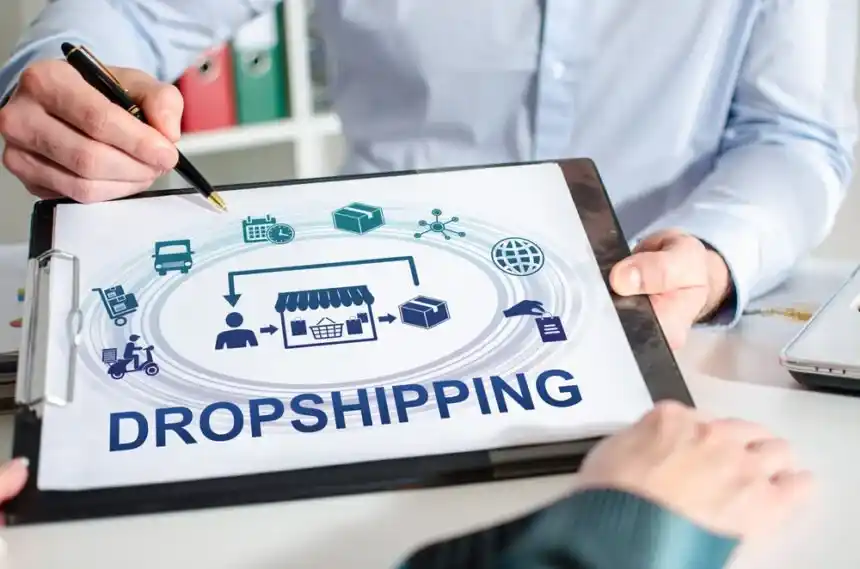
Customer Privacy and Data Protection
Safeguarding client information is essential in dropshipping. To protect consumer information and foster trust, businesses must employ secure payment channels, encrypt data, and adhere to privacy rules.
Complying with Data Protection Laws
Dropshippers collect and process sensitive customer information, including names, addresses, and payment details. Compliance with data protection laws, such as the General Data Protection Regulation (GDPR) in Europe and the California Consumer Privacy Act (CCPA) in the United States, is crucial. These laws mandate transparent data handling practices, secure storage, and consent-based data collection.
Secure Payment Handling Practices
Handling payments securely is both a legal and ethical obligation. Dropshippers must use secure payment gateways that comply with Payment Card Industry Data Security Standards (PCI DSS). Failure to secure payment data can lead to fraud, legal liability, and loss of customer trust.
Transparency in Terms and Conditions
Clear and legally sound terms and conditions are essential for building trust and avoiding disputes. Dropshippers should include policies on returns, refunds, and shipping timelines in their terms. Ensuring these terms align with consumer protection laws in target markets can prevent misunderstandings and legal challenges.
Dropshipping Legal Issues: Important Things to Avoid
Dropshipping companies must handle legal issues such as supplier agreements, tax compliance, intellectual property rights, and consumer protection regulations to prevent penalties and maintain seamless operations.
Supplier Reliability and Liability
Supplier issues, such as delayed shipments or defective products, can lead to legal challenges for dropshippers. Customers typically hold the seller, not the supplier, accountable for such issues. Dropshippers must vet suppliers carefully and have contracts that outline liability in case of non-performance.
Handling Customer Disputes
Disputes over product quality, shipping delays, or misrepresentation are common in dropshipping. To address complaints effectively, dropshippers must establish clear dispute resolution processes and comply with consumer protection laws. Failure to resolve disputes can result in negative reviews, chargebacks, or legal action.
Avoiding False Advertising Claims
Marketing plays a vital role in dropshipping, but misleading or exaggerated claims can lead to legal trouble. Dropshippers must ensure that product descriptions, images, and advertisements accurately represent the items being sold. Compliance with advertising laws protects the business from claims of false representation.

Legal Age and Dropshipping
Because dropshipping involves contracts, taxes, and financial transactions, most nations need entrepreneurs at least 18 years old to launch a business lawfully. To register the business, minors could require a legal guardian.
Legal Age to Dropship: What You Should Know
In most regions, individuals must meet a minimum age requirement, typically 18, to legally operate a business. This applies to dropshipping as well. Underage entrepreneurs may need a parent or guardian to register the business or open accounts on their behalf. Complying with these regulations ensures a smooth start to a dropshipping venture.
Protecting Your Dropshipping Business
Ensure your business is secure by following the law, working with trustworthy vendors, safeguarding client information, and having clear return and refund procedures to prevent conflicts and preserve confidence.
Intellectual Property Protection
Dropshippers should safeguard their brand by trademarking their business name, logo, and unique designs. Intellectual property protection prevents unauthorized use of these assets and builds credibility with customers. Regular monitoring for infringements and taking prompt legal action against violators is advisable.
Liability Insurance for Dropshippers
Liability insurance is an important tool for mitigating risks. Policies such as general liability or product liability insurance can protect dropshippers from claims related to defective products, accidents, or legal disputes. Investing in insurance ensures financial security and business continuity.
Keeping Up with Evolving Regulations
eCommerce laws are constantly evolving to address new challenges in online business. Dropshippers must stay informed about changes in regulations affecting their industry. Subscribing to legal newsletters, attending webinars, and consulting legal professionals can help businesses remain compliant and competitive.
Best Practices for Ensuring Dropshipping Is Legal
To make your dropshipping business secure and legally compliant, register your company, adhere to tax regulations, collaborate with reliable suppliers, safeguard client information, and guarantee product authenticity.
Vetting Suppliers Thoroughly
Thorough supplier vetting is a crucial step in avoiding legal complications. Dropshippers should verify the legitimacy of suppliers, review their certifications, and assess their track record for quality and reliability. This minimizes risks related to counterfeit products or delivery issues.
Documenting Transactions and Communications
Maintaining detailed records of transactions, agreements, and communications is vital for legal compliance. Documentation provides evidence in case of disputes, audits, or legal inquiries. Utilizing software to automate record-keeping can streamline this process.
Seeking Professional Legal Advice
While this guide offers an overview of legal considerations, consulting a professional is always recommended. Legal experts can provide tailored advice based on specific business needs and jurisdictional requirements. Investing in legal counsel can save dropshippers from costly mistakes in the long run.
Conclusion
Dropshipping is a promising business model, but it comes with legal responsibilities that cannot be ignored. From obtaining licenses and complying with tax regulations to protecting intellectual property and managing customer disputes, dropshippers must navigate a complex legal framework.
Success in dropshipping requires not only an entrepreneurial spirit but also a commitment to legal compliance. By following the guidelines outlined in this guide and seeking professional advice when needed, dropshippers can build a sustainable and legally sound business. Staying informed and proactive is the key to thriving in this competitive industry.
FAQs
Do you need permission to dropship?
Does Dropshipping Require Permission? Dropshipping is not prohibited, but you must abide by trademark regulations and make sure your suppliers are authorized to sell the goods.

